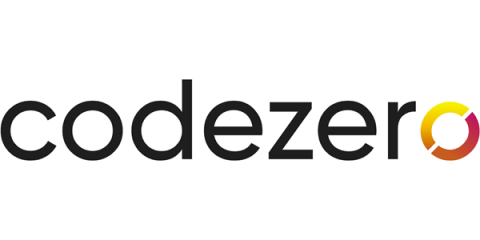Systems | Development | Analytics | API | Testing
Latest Posts
Increasing Front-end and Back-end Developer Productivity using Codezero
Codezero 401: Land Ho!
Codezero joins Equinix Metal Partner Ecosystem
Codezero proud to be reviewed by Kubernetes guru Viktor Farcic
Codezero 301: Discovering New Lands
CodeZero 201: The Voyage is Underway
In my previous blog post, CodeZero 101, I shared with you Part 1 of a four-part series directed at introducing you to the CodeZero platform and some of its useful tools and features for Kubernetes developers. While Part 1 focused on laying a technology foundation, this second post gets into CodeZero itself, and introduces two incredibly handy features called Teleport and Intercept. Teleport allows developers to develop and debug their code locally as though they are inside the cluster.
CodeZero 101: Casting Off
In a series of four articles I’m going to describe the foundational technology behind CodeZero, describe some of its features, and show how it can be of tremendous benefit to any development team or individual deploying their software to Kubernetes. You can read the first article on Medium, where I dive into some of the core concepts that you need to understand to get the most out of CodeZero.
Origin Story
One of the real joys of entrepreneurship is to see your product take off. When I say “take off”, I mean that moment you get as many thousands of new customers sign-up every single day as it took the company the past two years to acquire. I cannot begin to describe the exhilaration and the stress as you see your cloud infrastructure numbers skyrocket.
Announcing CodeZero General Availability
At CodeZero, we believe that modern DevOps practices are key to unlocking the full value of Cloud Native Computing. “Halyard” is a new approach to Developing, Deploying and Managing containerized applications that run in any Kubernetes environment. With v 1.1.0 of Halyard, CodeZero delivers the following features to developers.



